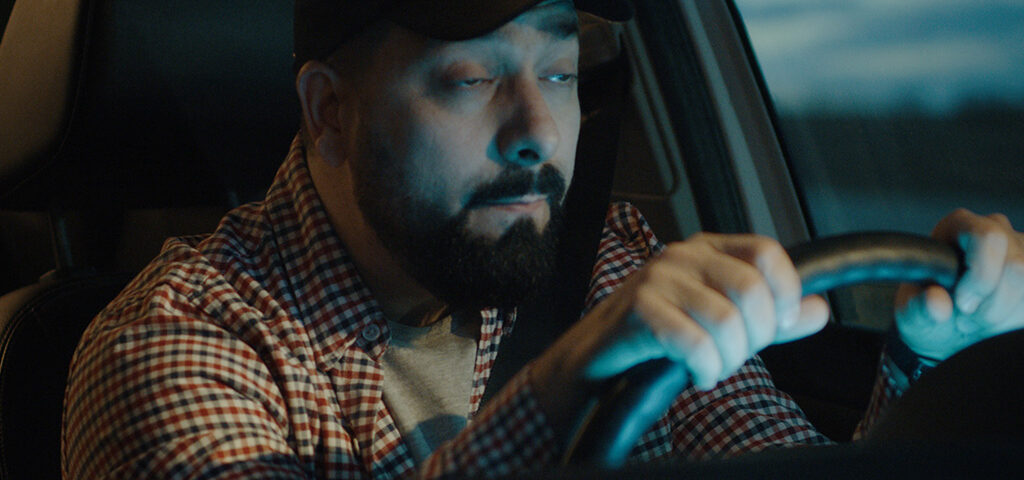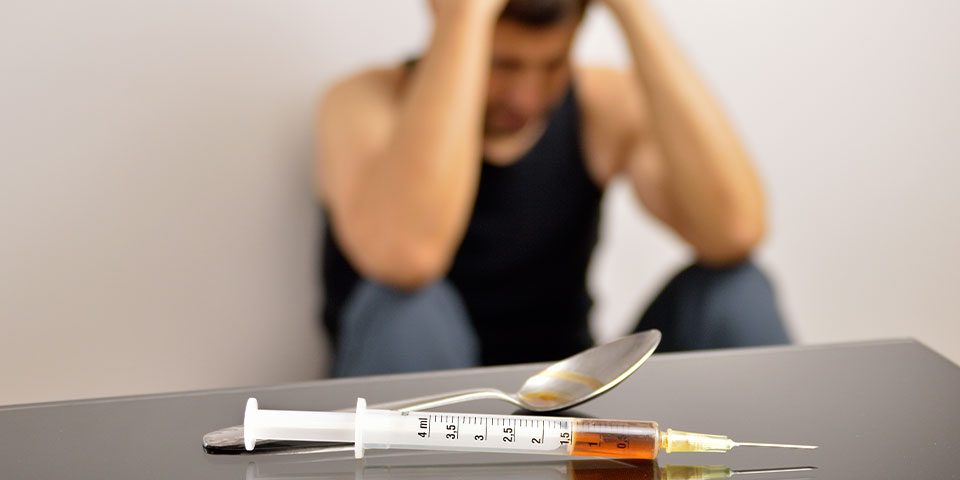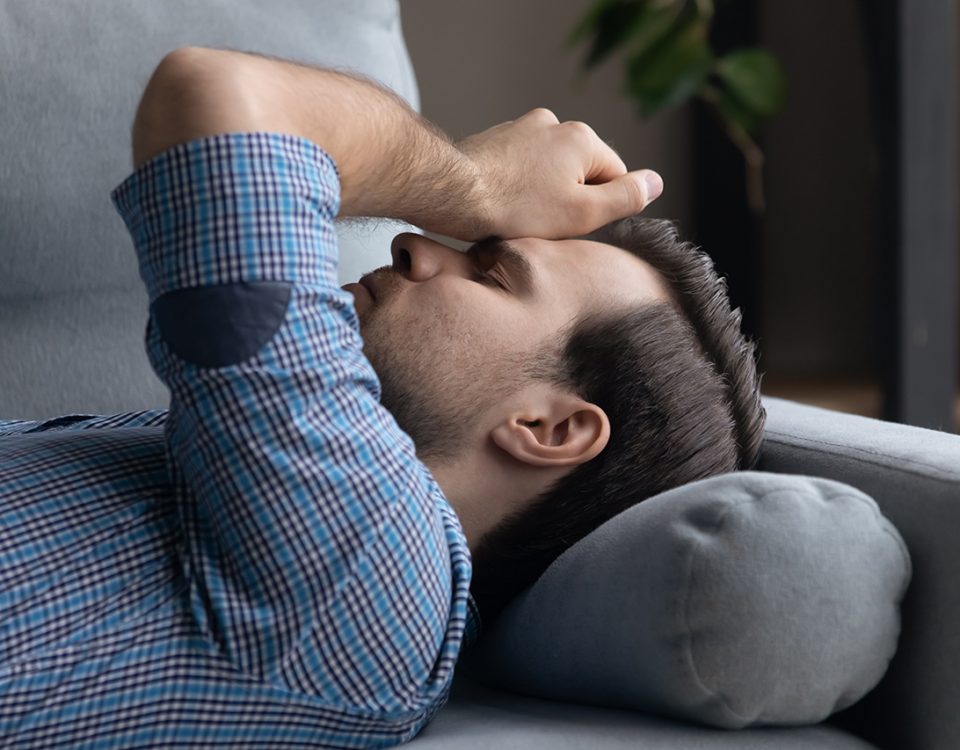Benzodiazepines, or benzos, are some of the most commonly prescribed and misused medications. While several of them are well-known – such as Xanax – Tranxene (clorazepate) is less recognized. As a Massachusetts addiction treatment center that’s helped numerous individuals recover from benzodiazepine abuse, we wanted to share more on clorazepate side effects and the possible risks that come with this medication.
What Is Clorazepate & How Does It Work?
Also known by its brand name Tranxene, clorazepate is a medication that belongs to the class of drugs called benzodiazepines. Clorazepate uses mainly include treating anxiety disorders like generalized anxiety disorder (GAD) and panic disorder. The drug works by enhancing the activity of an inhibitory neurotransmitter in the brain called gamma-aminobutyric acid (GABA), which reduces anxiety symptoms and promotes relaxation.
Clorazepate is available in tablet form and is usually taken by mouth. As a prescription medication, it should only be used with a prescription and under the guidance and supervision of a healthcare provider. It’s also important to take clorazepate exactly as prescribed, as misuse or abuse of benzos can lead to serious health problems, such as addiction.
Questions about our Facilities or Programs?
Our admissions coordinators are available 24/7 to answer any questions you may have as you consider whether treatment at Banyan is right for you or your loved one.
What Are the Side Effects of Clorazepate?
As we previously mentioned, Tranxene medication is designed to promote relaxation and reduce symptoms of anxiety like nervousness and agitation. While effective when taken as directed by a healthcare professional, like any medication, clorazepate can cause side effects, some of which can be serious.
Some common clorazepate (Tranxene) side effects include:
- Blurred vision
- Changes in appetite
- Confusion
- Constipation
- Dizziness
- Drowsiness
- Dry mouth
- Fatigue
- Headache
- Memory problems
- Nausea and/or vomiting
- Slurred speech
- Weakness
Less common clorazepate side effects may include:
- Agitation
- Anxiety
- Irritability
- Jaundice
- Muscle weakness
- Restlessness
- Seizures
- Tremors
Allergic reactions, such as hives, trouble breathing, or swelling of the face, lips, tongue, or throat, may also occur in some individuals taking clorazepate. It's important to note that Tranxene can also cause dependence and withdrawal symptoms, especially if taken for a long period of time or in high doses.
Because benzos manipulate the activity of GABA, long-term use can impact the brain’s ability to naturally regulate or sustain this chemical. As a result, the body becomes dependent on the drug to function normally, and when it’s not taken, or doses are cut back suddenly, withdrawal symptoms may occur.
Benzo withdrawal is usually marked by rebound symptoms or the occurrence of symptoms that the medication is designed to treat. For instance, anxiety symptoms like panic and agitation may occur during withdrawal. Withdrawing from benzos can also be fatal in extreme cases. For these reasons, it’s important to take prescription medication as directed and speak to your healthcare provider if withdrawals occur.
Getting into treatment is easy with our free insurance verification
"*" indicates required fields
Massachusetts Drug Addiction Help for Benzos
Unfortunately, one of the more serious clorazepate side effects is addiction. Long-term misuse of this drug can eventually lead to a substance use disorder, in which the individual is unable to control their drug use, no matter how severe the consequences.
Addiction can be difficult to overcome on your own, which is why professional care is recommended. If you or someone you care about is struggling with benzo abuse, our rehab in Massachusetts offers benzo addiction treatment that incorporates individual and group therapy services to support clients in short and long-term recovery. Using programs like cognitive behavioral therapy (CBT), we’re able to equip clients with the skills and tools required to stay sober.
Call Banyan Treatment Centers today at 888-280-4763 or send us your contact information to find out more about our Massachusetts addiction treatment.
Related Reading:









